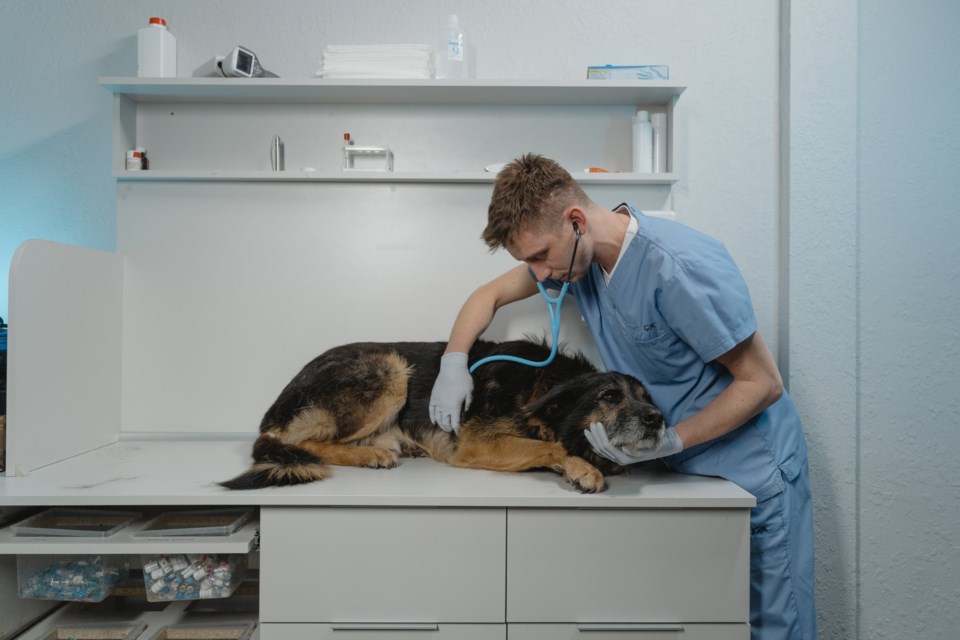Rep. Karen McCormick has been working on a set of veterinary bills that will be introduced in January during the 2024 Legislative Session.
The first bill would change the veterinary care delivery model by defining and expanding the supervision levels for veterinary technicians and Veterinary Technician Specialists. Under the current law, these technicians are limited to the duties they can perform by the proximity of the supervising veterinarian.
The new bill would allow these technicians to operate more freely, which would allow for a wider dispersal of veterinary care.
“Veterinary technicians are invaluable in order for the whole veterinary team to provide care,” McCormick said. “Veterinarians, historically, have not been taught in school how to fully use their educated and qualified teams. In one respect it is an education piece to help the workload and to hang on to our veterinary technicians.”
McCormick said that it is hard to determine how large the shortage of veterinarians is in Colorado, however, there is a growing need for production medicine veterinarians in eastern Colorado. According to research conducted by Mars Veterinary Health in 2022, an influx of 41,000 veterinarians will join the workforce, however, there is an expectation that there will still be a shortage of of 15,000 veterinarians.
Telehealth in veterinary medicine has been around since the invention of the telephone, McCormick said. However, there has been confusion about what can be done via telehealth. In the past veterinary policy has mimicked human medical practices which has caused some problems when diagnosing animals without seeing them or touching them, McCormick said.
The Federal Drug Administration defines the veterinarian-client-patient relationship as an in person visit, according to McCormick. “It's so you as a veterinarian have the most complete information you can get,” she said.
The second bill will require that veterinarians establish a veterinarian-client-patient relationship in person before they are allowed to see an animal via telehealth. During the pandemic, rules for seeing animals in person were suspended. In February, the FDA ended the COVID orders. However, during the orders, there was an increase in direct-to-consumer marketing that took place which caused some conflicts after the pandemic orders were rescinded.
The bill would align Colorado’s practices with the FDA’s policies.
“Our interests and our goal is primarily and needs to be focused on animal health and welfare,” McCormick said. “The reason the FDA has that rule is that veterinary professionals are considered to be a pretty important firewall against public health threats and they are concerned about anti-microbial resistance, so we can protect the food supply.”
The bill advanced out of a bipartisan joint committee consisting of members from Water Resources and Agriculture Review committees on Oct. 31. The bill will enter into a committee in the Colorado State House of Representatives in January where McCormick expects it will evolve with more amendments before potentially heading to the state senate to undergo the same process.



